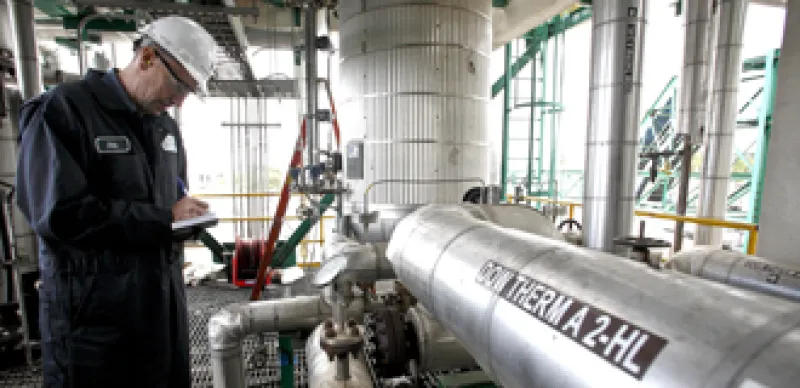Converting waste into a renewable energy source is increasingly becoming a profitable way to capitalize on waste management and sustainable energy. Since last December, companies that provide waste-to-renewable energy solutions have received more than $200 million in expansion financing. A growing number venture capitalists and corporate investors are announcing new renewable energy investment initiatives. The increased funding to support the commercialization of renewable energy comes after a period in which investors seemed to have tired of this sector. Private-equity fund Silver Lake Partners says it will team up with George Soros’ fund to create Silver Lake Kraftwerk, a new fund that will focus on providing growth capital to business innovators in the energy and resource sectors. Carmaker BMW has announced a $100 million venture fund for transportation innovation and application. Accel Partners, the giant venture capital fund, reports that it is looking to raise $2 billion in new funds to invest in energy companies in China. And VantagePoint Venture Partners says it has created a $100 million fund dedicated to renewables investing.
Renewable power investment picked up last December with a $30 million round of financing in LS9 Inc., a privately-held, San Francisco-based renewable fuels company that uses specially engineered microbes to convert plant-based materials into fuels and chemicals. Since then, venture capitalists have invested $75 million in Fulcrum BioEnergy; $45 million in Genomatica, and $51.7 million in Harvest Power.
The tsunami in Japan and the subsequent nuclear energy crisis, as well as the spike in global oil prices, has sparked renewed interest in alternative energy sources. At the same time, investors in public renewable energy companies are losing confidence and have been selling off their stakes because many of these companies have failed to demonstrate the growth they promised. Portugal’s EDP Renováveis, France’s EDF Energies Nouvelles and Spain’s Iberdrola Renovables, three of the most visible renewable companies in Europe, have seen their share prices drop well below their initial offering prices.
“The key question on waste-to-renewable companies is the same as it is for all companies – what is the value proposition for the customer?” asks John T. Preston, a managing partner of Vanterra C Change Transformative Energy & Materials Fund, which makes investments in companies that help transform the operations of industrial users and producers of energy and materials. “A typical customer will not pay a premium for environmental reasons. This is especially true of business customers who cannot put themselves at a competitive disadvantage relative to their competitors,” says Preston.
Many cleantech companies fail to realize this fact and sell based on “environmental sizzle” rather than “economic substance.” Ultimately the value of any company is driven to the true economic value. The long-term trends favor cleantech, but for public companies the short-term value is driven mostly by performance within the next 12 months, Preston and others say.
Still, there is funding available for longer term. In January, Fulcrum BioEnergy announced it had closed a $75 million round of financing, capital that will be used to finance its Sierra Biofuels plant in Reno Nevada. The plant, which is expected to cost $120 million to build, will use a proven thermochemical process to convert municipal solid waste into ethanol.
Genomatica reported it had raised an additional $45 million. New investors include VantagePoint Venture Partners, which has committed $2.5 billion to cleantech investment; Bright Capital Partners; and Waste Management. All existing investors joined the new round — Alloy Ventures, Draper Fisher Jurvetson, Mohr Davidow Ventures and TPG Biotech. Harvest Power, which converts organic waste to renewable energy and fertilizer products, raised $51.7 million in a financing led by Generation Investment Management, the London-based firm managed by Al Gore and David Blood. And LS9’s fourth round of financing was led by global investment firm BlackRock and included previous investors Flagship Ventures, Lightspeed Venture Partners and CTTV Investments, the venture capital arm of Chevron Technology Ventures.
Significantly, most of the venture investments – except for Harvest Power, founded in 2008 – are in older companies. And almost all of them are moving forward in partnership with big energy corporations. Analysts note that most of them will probably never be of any size or substance to go public, especially after the experiences of their European counterparts. In fact, says one fund manager, “I think the VC model is broken as it relates to cleantech. No one is showing returns. This is not sustainable because the long term will never arrive.”
Renewable energy start-ups and their backers were able to garner high valuations, in part because of the global interest in energy conversion solutions and in part because they projected high growth. But the growth in renewables, which is heavily dependent on government subsidies and expenditures, has never materialized despite the promising outlook from proponents who argue that the industry is growing as projected.






